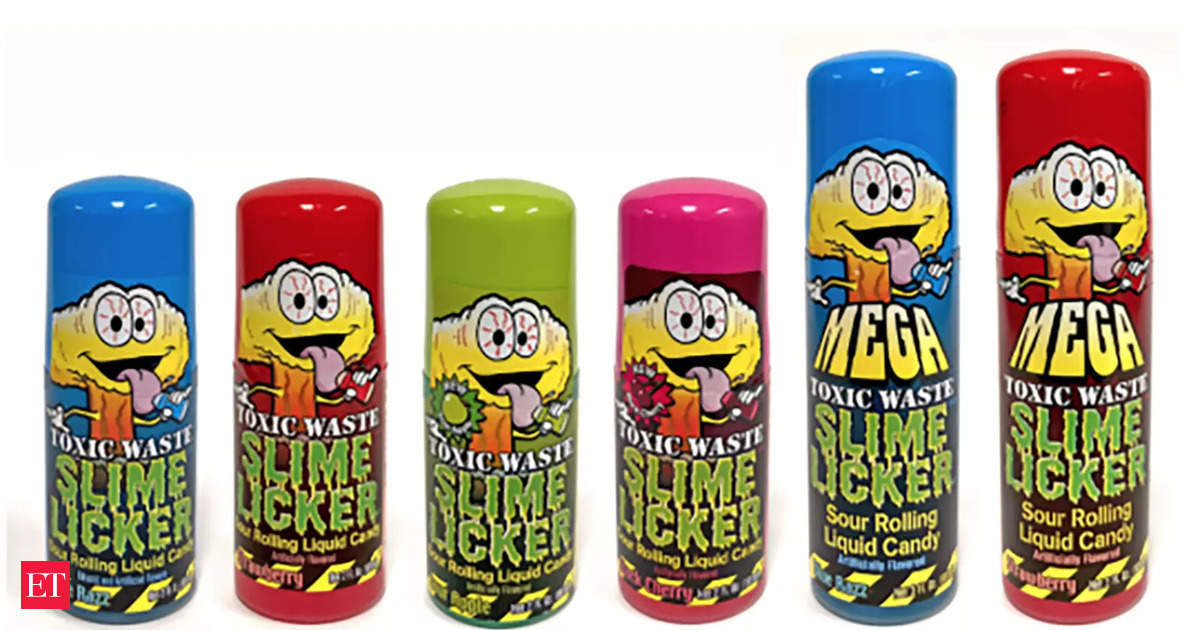Oral health has seen significant advancements in understanding the relationship between genetics and lifestyle choices. As a result, society has made progress in improving oral health. However, there are still prevailing myths regarding the impact of consuming Halloween candy on oral health. These myths need to be debunked in order to promote scientific literacy. One of the ongoing debates in oral health is the effect of sugar consumption on teeth. It was observed after World War II that bacteria in our mouths convert carbohydrates into acid, which can erode tooth enamel and cause decay and cavities. This discovery led to changes in approaches taken by different countries, such as the United States shifting towards sugar-free alternatives and Sweden creating a culture of indulging in candy one day a week. While these changes have made a difference, myths about Halloween candy consumption continue to persist. Let’s examine some of these myths and shed light on the truth. Contrary to the myth that flossing is not necessary if one regularly visits the dentist, most people do not visit the dentist regularly. Flossing is an essential practice to remove food particles and plaque that cannot be reached by a toothbrush. It is recommended to floss before brushing to maximize fluoride’s impact in replacing lost minerals and strengthening teeth. Another myth suggests that toothpaste is harmful to pregnant women, but there is no scientific evidence to support this claim. It is important for pregnant women to maintain good oral hygiene to prevent gum disease and other dental issues. Using toothpaste with fluoride has significant benefits for oral health. Chewing gum can help increase saliva production and neutralize harmful acids, but it is important to choose sugar-free gum to promote oral health. While some health claims have emerged regarding the use of probiotics for oral health, their direct impact is limited. A well-balanced diet, proper oral hygiene, and regular dental check-ups are still the most effective ways to maintain good oral health. Understanding dental health and oral care is crucial. Dental health refers to the condition and maintenance of the mouth, including the teeth, gums, tongue, and other oral structures. It encompasses various practices and habits aimed at keeping the mouth and its components healthy. Oral care is the practice of maintaining good oral hygiene to ensure the health of the mouth. Proper oral care is essential to prevent dental issues and maintain overall health. In conclusion, debunking myths around Halloween candy consumption is essential for promoting scientific literacy and ensuring good oral health. It is important to understand the impact of sugar consumption on teeth, the significance of good oral hygiene practices such as flossing, and regular dental check-ups. Choosing sugar-free gum and being aware of the limited impact of probiotics on dental health are also important factors to consider. By adopting these practices and dispelling myths, individuals can contribute to a science-literate society with improved oral health.
Debunking Myths: The Impact of Halloween Candy on Oral Health

-
Uncategorized









